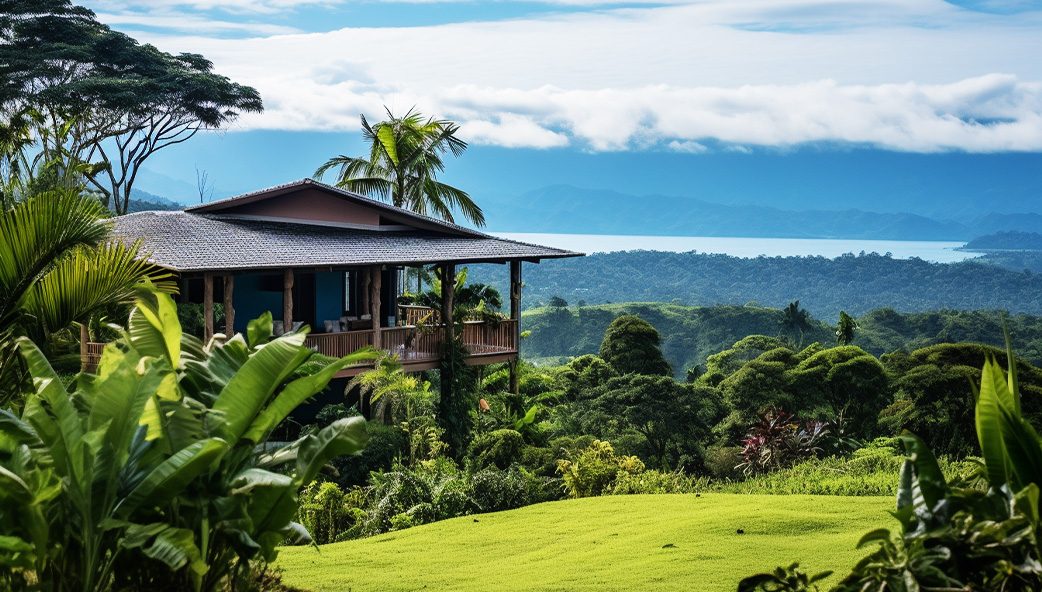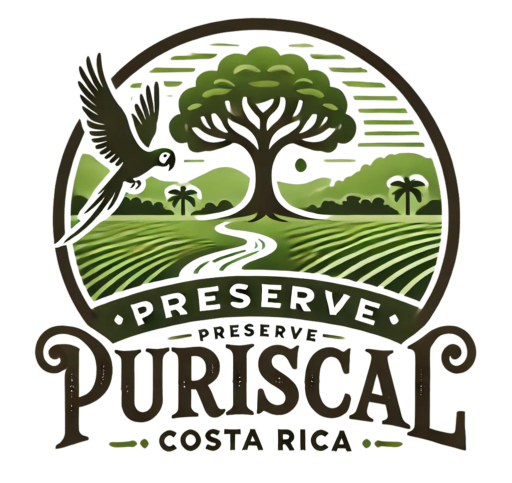
With its reputation as a tropical paradise offering a peaceful, affordable lifestyle, Costa Rica has emerged as a popular destination for real estate investment. From beachfront condos to rural mountain retreats, options abound to buy property in this Central American nation. But is purchasing real estate in Costa Rica right for you? Let’s dive into the key factors to weigh when considering Costa Rican real estate.
The Allure of Costa Rica Real Estate
What draws many prospective buyers to Costa Rica is its enviably comfortable climate, incredible natural beauty, and promise of a simpler life. Situated between two oceans with lush rainforests and diverse wildlife, Costa Rica offers no shortage of stunning natural settings to immerse yourself in. The nation’s warm, easygoing culture and affordable cost of living also hold major appeal. Owning property represents an opportunity to own a piece of paradise.
For expat retirees, the discounted property prices and low-cost of living make Costa Rica especially attractive. Health care costs are also significantly lower than the U.S., especially with access to the nation’s public system. With abundant sunshine and clean air quality, Costa Rica ranks high for retirement living indices year after year.
Real estate buyers also come seeking vacation homes to escape cold winters up north. Adventure lovers value proximity to world-class surfing, hiking, sportfishing and ecotourism. For investors, Costa Rica presents a potential emerging market and tourist rental income possibilities.
Navigating the Costa Rica Market
While tantalizing, buying Costa Rican real estate requires careful navigation. Prices and quality vary widely. Legally purchasing land involves confirming clean title and complying with restrictions on foreign buyers. Costa Rica’s real estate market is less regulated than in the U.S., so extra caution is essential.
The busiest markets center around major tourist zones like Manuel Antonio and Guanacaste’s Gold Coast of beach communities. Affordable rural lots and mountain farms also attract foreign buyers. Prices generally range from $100 per square meter up to $500 for prime properties. Condos and homes fall anywhere from $150,000 to over $1 million.
As a foreign buyer, you can purchase property through real estate agents or lawyers, who can assist with documents. Transfer fees of around 2-3% apply. Attorneys help ensure the transaction is legitimate and registered properly by vetting the title, previous sales records, and municipal certificates stating no outstanding taxes are owed.
Some key factors influencing prices include location, size, age, condition and amenities. Ocean views or proximity to the beach demand higher premiums. Properties within gated communities with shared facilities like pools also fetch higher values, along with newer or updated construction.
Weighing the Pros and Cons
Deciding if Costa Rica is the right place to buy real estate hinges on understanding the many pros and cons:
Pros:
- Affordable prices and lower cost of living compared to the U.S.
- Ideal climate and natural landscape of beaches, forests and wildlife
- Simpler, relaxed pace of life aligned with pura vida philosophy
- Established expat communities and vacation home markets
- Steady tourism growth supporting vacation rental income potential
Cons:
- Less regulation around real estate transactions requiring extra caution
- Limitations on foreigners directly owning land within restricted zones
- Remote properties can complicate logistics and access to infrastructure
- Legal complexities around property ownership and inheritance for foreigners
- Political instability and bureaucracy can hinder development
While rewards abound, real estate buying contains risks. Purchase prices may seem enticingly cheap, but additional costs arise around closing, taxes, insurance, remodeling, maintenance and property management if opting to rent. One major consideration is also whether to seek residency permitting you to stay long-term.
Final Thoughts
Ultimately, Costa Rica offers an alluring locale for real estate investment – if approached prudently. Its natural beauty, welcoming culture and affordable prices hold undeniable appeal. But buyers must weigh the risks around ownership rights and market maturity.
Conducting thorough due diligence is key before purchasing, especially involving lawyers to validate documents. For those seeking paradise on a budget, Costa Rican real estate warrants consideration, if entered into eyes wide open.
